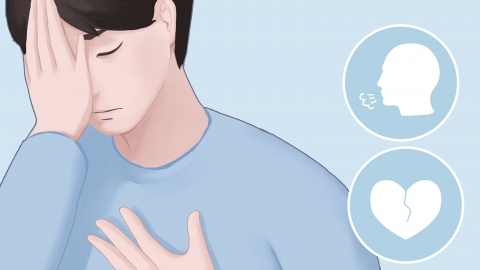How to Care for Urinary Incontinence
Generally, common nursing methods for patients with urinary incontinence include maintaining personal hygiene, following a balanced diet, controlling coughing, psychological counseling, and bladder function training. If discomfort occurs, medical treatment should be sought. The details are as follows:

1. Maintain Personal Hygiene
The perineal area should be kept clean at all times. It is recommended to wash the area daily with warm water and then dry with a towel. Additionally, clothing, bed sheets, and pads should be changed regularly to prevent urine leakage.
2. Balanced Diet
Patients with urinary incontinence should appropriately control their fluid intake and avoid drinking fluids as much as possible in the evening. It is also advisable to increase the intake of fiber-rich foods, such as leeks and celery, to maintain smooth bowel movements and help alleviate symptoms of urinary incontinence.
3. Control Coughing
Coughing can increase abdominal pressure, thereby worsening urinary incontinence. Therefore, patients should manage the intensity of coughing, and during each cough, apply gentle pressure on the abdomen with the hand to reduce intra-abdominal pressure.
4. Psychological Counseling
Patients with urinary incontinence should stay relaxed and avoid excessive anxiety, inferiority, or irritability. If relaxation is difficult, activities such as listening to music or reading can be used to relieve psychological stress.
5. Bladder Function Training
It is recommended to establish a regular urination schedule to maintain good voiding habits. Pelvic floor muscle exercises should also be consistently practiced to enhance the ability to control urination and assist in alleviating urinary incontinence.
It should be noted that the above nursing measures should be selected and adjusted according to each patient's specific condition. Nursing care can only serve as an adjunct to relieve symptoms and cannot replace other forms of treatment; therefore, timely medical intervention according to disease progression is necessary.







